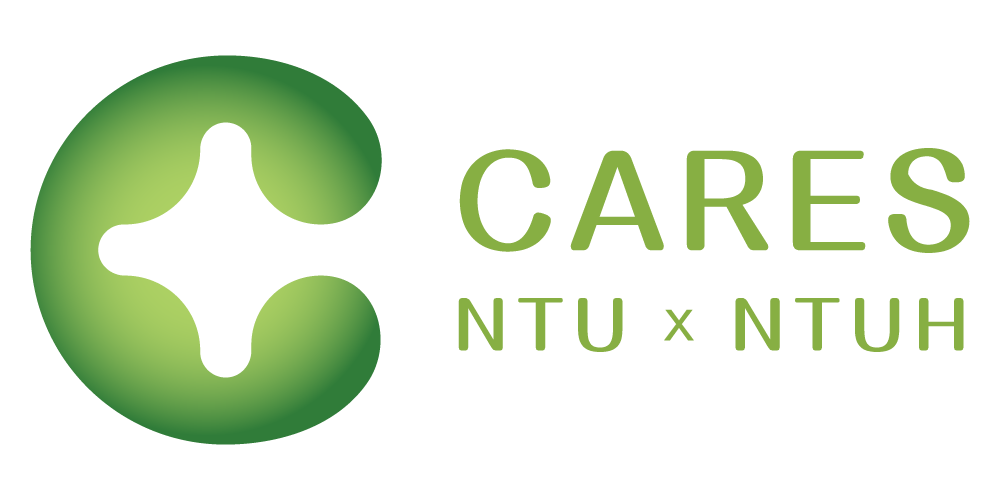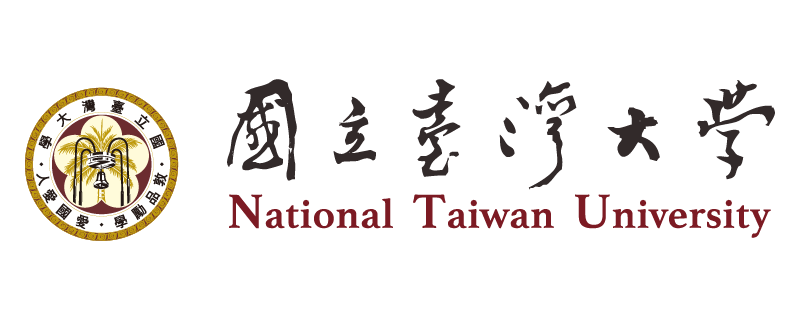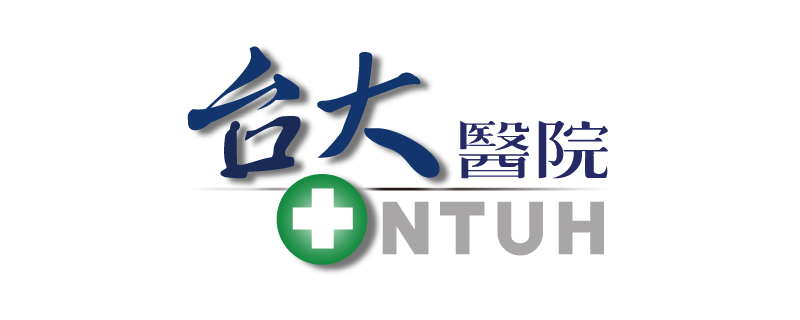This video features a keynote speech delivered by Mr. Allen Jong, President of Acer Gadget (a subsidiary of Acer Group). He shares insights and practical visions for the future of health management from the perspective of the technology industry. Mr. Zhong emphasizes that traditional health checkups are like periodic car maintenance—they can identify problems but fail to provide real-time alerts or promote long-term behavioral change. In response, he proposes a new concept of “daily health management” and advocates for the use of technology to empower individuals in managing their own health.
He showcases Acer Group’s innovative smart health devices, including a bidet toilet seat with integrated physiological monitoring, an exercise-powered workstation (“Küchi Desk”), and a connected health management app. These devices collect physiological data and upload it to the cloud, where AI-driven analysis can generate disease risk assessments and health recommendations.
Mr. Zhong also introduces three ongoing proof-of-concept (POC) projects focused on medical risk prediction, personalized health scoring, and smart retail integration. He stresses the importance of building a comprehensive health management platform that connects the medical, insurance, retail, and long-term care sectors—laying the foundation for a homegrown health-tech ecosystem in Taiwan. His ultimate vision is to use technology not just to serve the younger generation, but to improve the overall quality of life for all humanity, with the potential to scale Taiwan’s model internationally.
Key Highlights
Speaker





